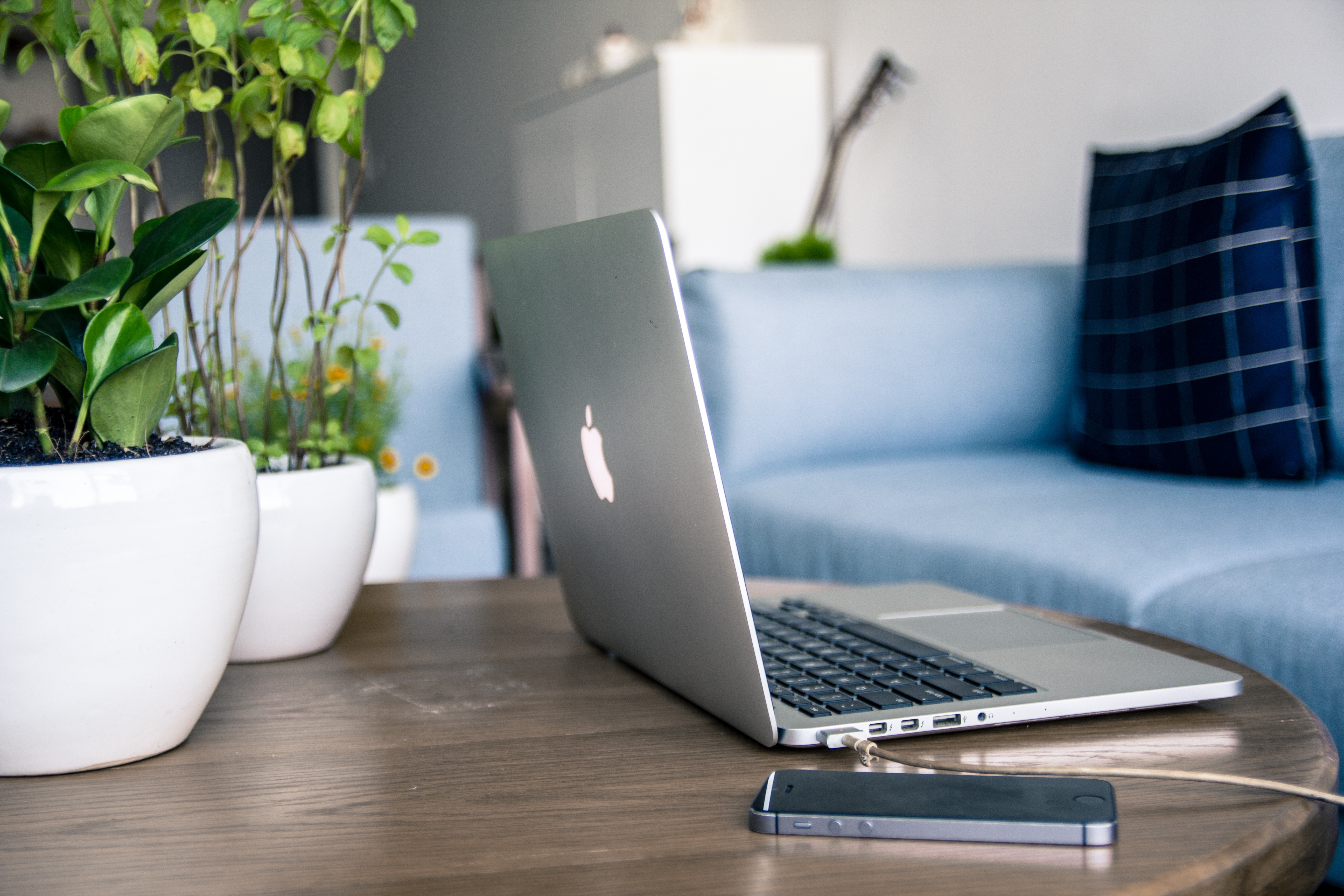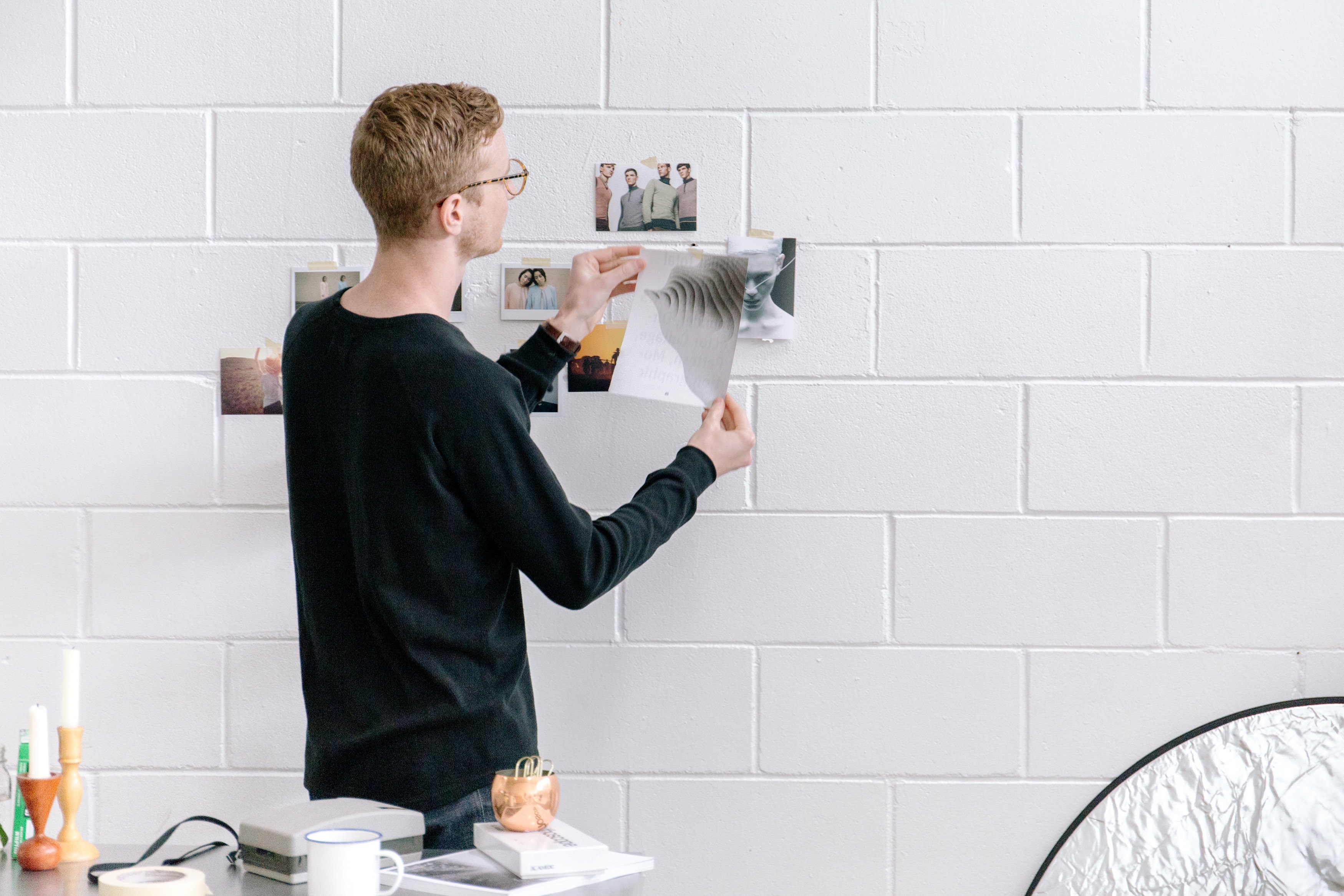The producers of BBC/Netflix drama Then Barbara Met Alan allocated more than 85 key roles to disabled people to create what is believed to be the biggest collective of disabled talent on a British TV production.
Dragonfly’s single drama, which airs on BBC2 tonight, features more than 30 disabled cast and crew, including lead actors Ruth Madeley and Alan Holdsworth, co-writer Genevieve Barr and producer Bryony Arnold, plus 55 disabled supporting artists.
Arnold, a wheelchair user, has described how the team set out to create a “holistic approach” to inclusion in every area of the production, with the complicated logistics of filming in central London locations, during a pandemic, and on a modest budget.
“It’s too easy to fall into the usual in-grained patterns of behaviour when hiring, so we searched far and wide for disabled talent speaking to every organisation we could think of, and we found huge success in doing social media callouts for people,” she said.
Every person hired was asked about their access requirements upon joining, so that adjustments could be made, and all cast and crew received a ‘disability crib sheet’ – a guide to ‘what not to say and do’ when working with disabled people.
The BBC also ran a disability awareness training course for the team to learn about inclusive workplaces, best practice when hiring staff and ways of attracting and retaining disabled crew.
“Communication and attitudes are as important as physical barriers, and many members of the crew spoke of how this experience has changed their perceptions and approaches towards disability in a positive way - whether being more conscious about where they place their equipment; more mindful of how disabled people would access a location; or simply just more aware of their communication style,” Arnold said.
Amit Sharma, who has worked with deaf and disabled talent over many years in theatre, said he was brought in as a co-director to “build a new language and way of working”. He added: “If you want to make work differently and embrace difference, it’s important to challenge the normative ways that drama is made.”
Co-director Bruce Goodison said Sharma ensured actors’ myriad needs are met, understood and worked with positively.
He added: “Too often we don’t engage with working with disability talent because of the old excuses. We are able to accommodate the needs of being COVID compliant in a matter of months – but it has taken nearly 50 years to start to think about how to accommodate disabled talent.”
Working with Daniel Edwards Casting, Sharma and Goodison launched a nationwide casting call, finding several of the show’s actors through non-traditional means.
In a statement, the pair said: “What united us both was the importance of telling a story like this to a wider audience for the first time. It’s easy to think that the barriers deaf and disabled people face are physical. Those are the things that can be overcome. The key barrier is attitudinal and having disabled people as directors, writers and leads of a film, show that it can be done.”
Barr and co-writer Jack Thorne have been campaigning to improve access for disabled people in TV through their pressure group Underlying Health Condition, which has led to SkillSet's plan to train up to 12 accessibility coordinators to work on TV productions.
Watch Talent Manager's webinar with writers Jack Thorne and Genevieve Barr here

